

Recent Stories

Built For This
North Texas Crew Pushing Through the Dog Days of Summer
![]() 4 MIN READ
4 MIN READ
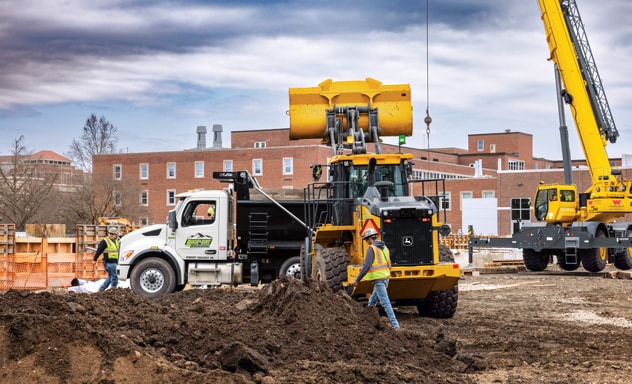
Rockin' It
Sounding off about SmartDetect™
![]() 5 MIN READ
5 MIN READ
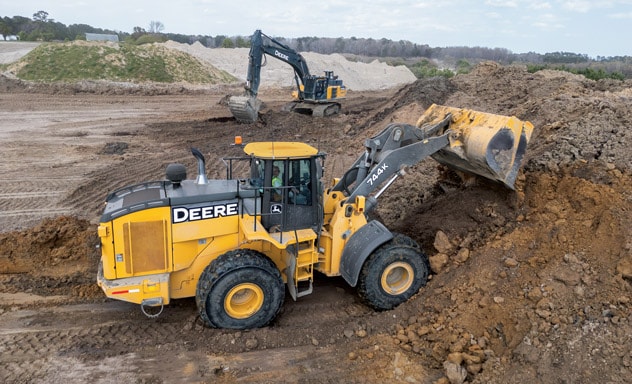
Legacy of Loyalty
What drives the success of a Virginia company
![]() 5 MIN READ
5 MIN READ

Deere Sightings
Tag @JohnDeere on social media and show us where you have your Deere running.
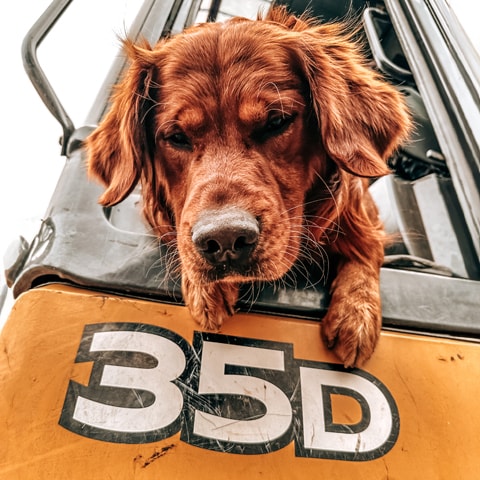
Sent by Brittany L.
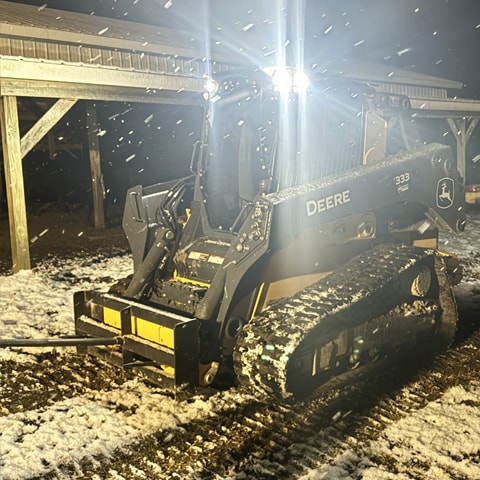
Sent by Jacob W.
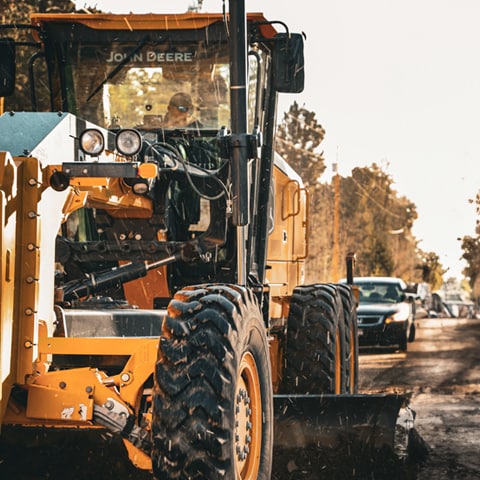
Shared by Phil G.
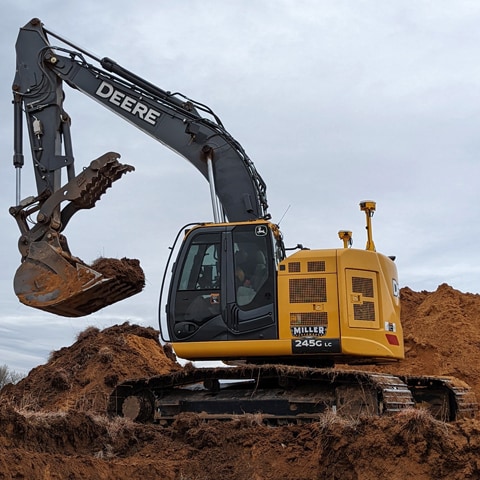
Provided by Anonymous